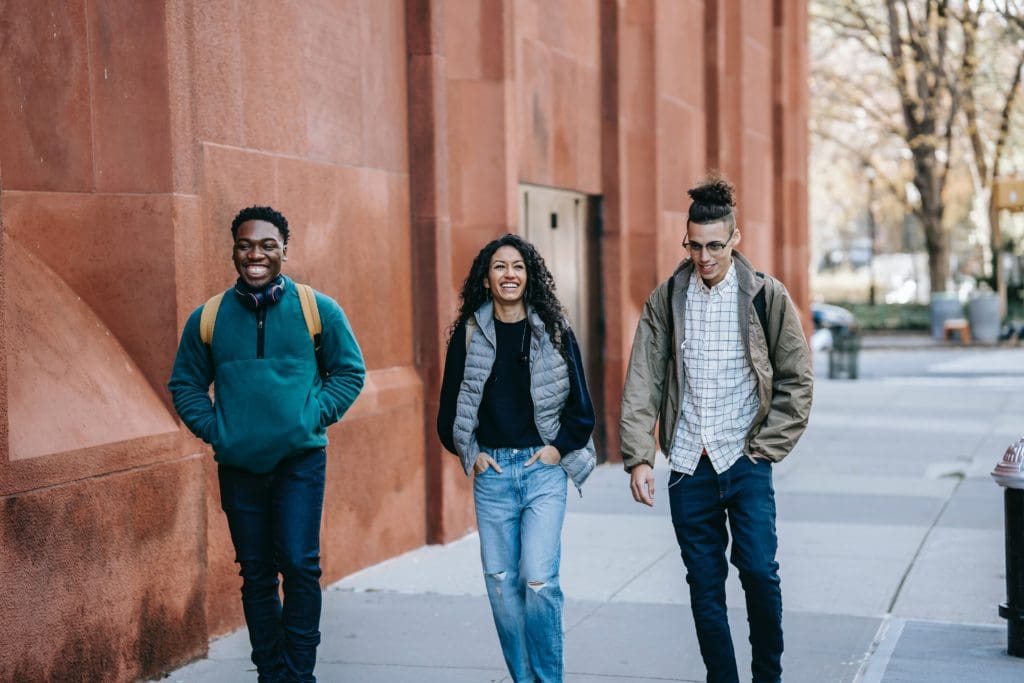
A new roundup of Walkability Wins. This week we’re showcasing the movement by highlighting more places across the country advancing pedestrian-friendly agendas.
Denver, Colorado
The “Freedom to Walk or Roll” bill was up for a vote this week, and it passed favorably by the city council 10-3! The bill, once signed by Mayor Hancock, will no longer allow police to issue a citation for jaywalking. The language to decriminalize jaywalking allows vehicles to still have the right of way outside of a crosswalk but gives pedestrians discretion to cross the street they deem safe without ongoing traffic.
Osceola, Missouri
The city was awarded a TAP Grant to install a sidewalk along Business 13 from Lakeshore Drive to Dollar General. Local businesses and organizations helped by donating matching funds. This new infrastructure was listed as a need on the City’s Complete Street Plan. There currently is no sidewalk and barely a shoulder for nonmotorized transportation to safely access everyday destinations in this area.
West Monroe, Louisana
Healthy Communities initiatives from the LSU AgCenter have led to the development of a set of “Silly Walking Track” signs that are being used to encourage children and parents to get moving on local walking trails. The signs are being installed at schools, parks, and other community locations. The fun, colorful signs attract attention and prompt kids to be more active while at recess or on a visit to a park. Teachers report that the signs have resulted in increased physical activity at school.
Long Island, New York
Brentwood High School is leading an indoor Walk a Mile Monday every Monday at 6:15 am. Staff and faculty are participating and starting off the week with movement and mindfulness. They are hoping to expand the initiative to other schools in the District.
San Francisco
The San Francisco Police Commission recognized that pretextual stops towards Black and Brown people in their community occur disproportionately, which resulted in the commission adopting a policy to prevent the police from making specific stops. “Police will no longer be able to stop drivers for things like driving without registration tags or broken tail lights.” The Commission also called out pretextual pedestrian stops. Pretextual pedestrian stops do not improve street safety – instead they create a hostile walking and moving environment for our Black and Brown neighbors. Welcoming and inclusive neighborhoods are as important to walkability as good physical infrastructure. Kudos to San Francisco.
To catch up on previous installments of Walkability Wins, visit our blog. Have a win? Send it to us: social@americawalks.org.